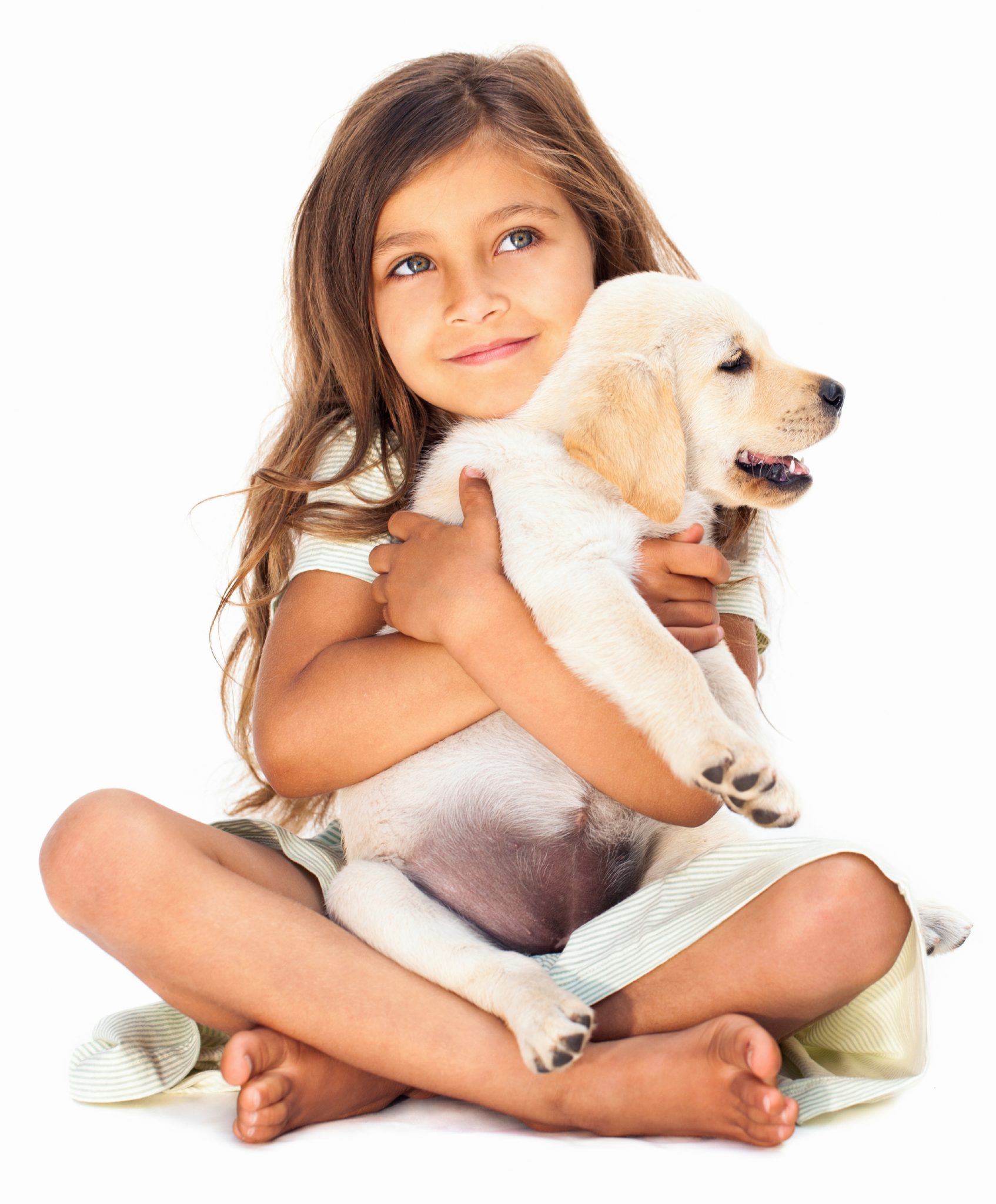– the attribution of human characteristics or behavior to an animal
Do you consider your dog “your baby”? Do you throw birthday parties for your pup or frequently dress your dog in doggie clothes? Are you a “pet parent” instead of a “pet owner”? Do you treat your dog like a human?
Almost all of us dog owners are guilty of anthropomorphism. Yes, it’s a long word, but it basically means we sometimes treat animals as if they were human or have human-like traits. It’s a human tendency to want to treat our dogs like fur-covered versions of ourselves because they seem so human-like. They’re often compared to 2 or 3 year-old toddlers with respect to their intelligence and emotional levels and with their human-like facial expressions, it’s understandable why we sometimes treat our dogs like people. But there can be a downside to anthropomorphizing our pets.
Most behaviorists agree that pet dogs for instance don’t experience feelings such as greed, spite, revenge, gratitude, stubbornness and hatred and they can’t understand our complex human feelings and emotions. Dogs operate with a more basic set of emotions. That may be disappointing for some owners to hear, but it makes it easier for us to evaluate and attempt to understand their behavior. We have to accept the fact that dogs don’t share our full range of human emotions and we need to relate to our dogs on their level, in a way they can comprehend. When we put ourselves in their world, and view that world from their perspective, we can better understand how to perform training, fix behavioral issues and create a better relationship with our dogs.
There’s still so much to learn about the intelligence, behavior and emotions of dogs, but one key to having a rewarding relationship with your dog is to understand that even though your dog seems to have a lot of human-like characteristics, always try to interpret their behavior from their perspective.
Do you ever treat your dog like a human? You can tell us, we all do it sometimes.





